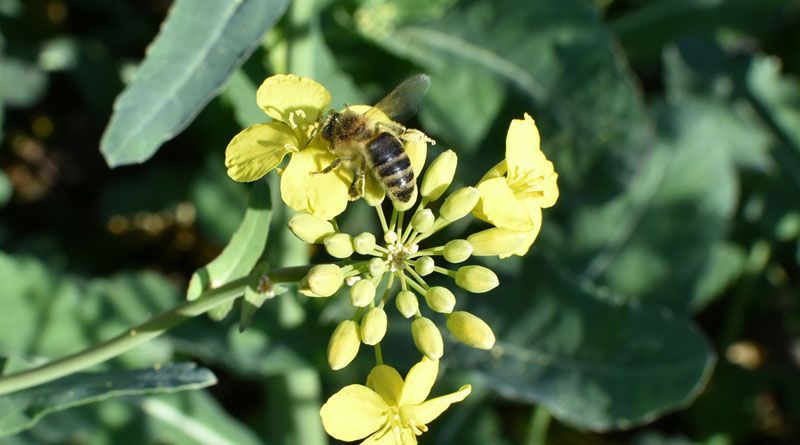Agriculture is the backbone of our nation. More than 65% of the Indian population is still dependent on agriculture for their livelihood. With changing times and the advancements in science and technology, we have been able to maximize production and ease the plights of the farmers to satisfactory levels. The high-tech machines allow farmers to be more accurate, decrease wastage and boost productivity and profit margins. However, there remains a gap between what could have been done and what is achieved. Climate-smart agriculture is the need of the hour, and effective usage of technology can be a game-changer for it.
Let us discuss a few uses of modern technologies in agriculture that have the potential to change the face of farming and increase production levels.
GIS software and GPS agriculture
GIS or Geographic Information System is a framework that captures and analyses spatial and geographical data related to positions on the earth’s surface. It allows you to study a variety of data on a single map. For instance, you can know the data about streets, buildings, and the vegetation of a particular area on a single screen. It can provide insights into farming practices by creating visual representations of data and analysing them spatially to make informed decisions. It can also assist us in monitoring crop health, spatially analysing and informing about areas at risk of natural disasters.
Artificial Intelligence (AI) & Machine learning technologies in agriculture
AI is the use of human intelligence through machines by training them extensively. These machines can be trained for everything-from preparing the soil, seed sowing, adding fertilizers, water irrigation, protection from pests, harvesting to storing them. All these activities can be accurately done with applications of AI using data analytics and predictions. Predictions on yield, prediction on requirement of fertilizers, crop quality assessment, detection of crop infections, soil health monitoring and using cattle bots for herding are some applications of AI.
Drone and Aerial Imagery
Drones have been great in assisting with precision farming. Drones are capable of soil health scans, monitoring crop health, distributing fertilizers, planning irrigation schedules, estimating the yield data and providing data for weather analysis. It can also help optimize the use of agri-inputs like seeds, fertilizers, water and pesticides efficiently. This assists in protecting the crops from pests, reducing the overall cost and ensuring high yield and quality crop.
IoT in Agriculture
IoT stands for Internet of Things. It describes the physical objects that are embedded with sensors and the processing ability to connect and exchange data with other devices and systems on the network. These sensors can be used to sense temperature, humidity, light, soil moisture and crop health monitoring. They can also be used for predictive analysis for rainfall, temperature, soil, humidity…etc., to strengthen the goal of climate-resilient agriculture in India. Wireless IoT is being used for geofencing and livestock tracking to monitor the health of cattle.
Blockchain in Agriculture
Blockchain is a system of recording information in a way that makes it impossible to change, hack or cheat the system. It helps to record transactions that will assist compile data on a subject. Blockchain technology coupled with IoT starts with data generation using devices and sensors. These data can be of temperature, light, moisture of the soil, the soil pH etc. After data generation, the data is cleaned and enriched, making it more readable, structured and understandable. This data is made more insightful using the Machine Learning algorithm. These insights range from crop quality recommendations to yield and demand predictions. Finally, the data gets saved into the blockchain in IPFS (interplanetary file system) that has the addresses hashed and stored on the blockchain. This data is finally shared with the stakeholder and to the market participants. It has a great potential to bring efficiency to food production. Climate change remains the gravest concern of countries around the globe in recent times and has sternly affected the agriculture sector. We need to work together on climate-smart technologies at the global level for food security and sustainable development goals.
Junaid Raza is a Tech Blogger and Digital Marketer with several years of experience in the industry. Right Now he is working as SEO Specialist in Leads Brand Connect. He likes to help businesses stay informed and up to date with established and emerging digital technologies like SEO, SMO, ecommerce, crm and paid advertising.

